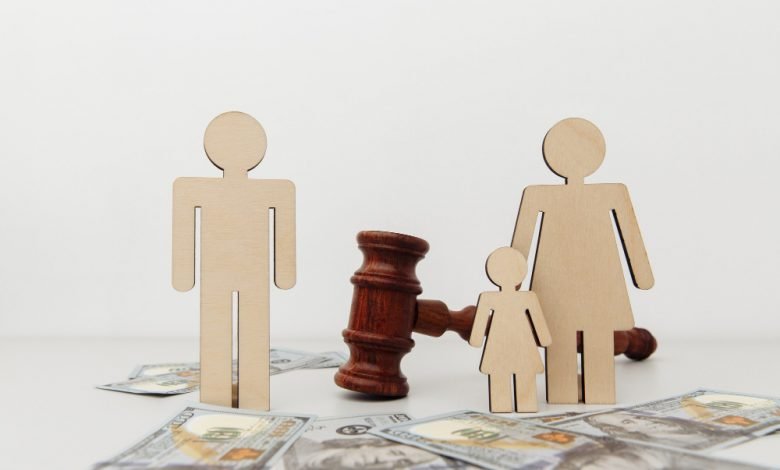
What Are the Custody Arrangements Post Divorce?
Facts state that more than 15.31 million children in America reside in single-parent households. If you are going through a divorce process and your child is an under-teen, custody can be a contentious issue. So it is essential to understand that you are not alone, and there are experienced child support lawyer, who can guide you through the emotional process.
Having an under-teen kid can often complete the process, as it is anticipated that staying with mothers is more suitable for them. But certainly, that’s not always favorable.
Hence to nurture you more about the divergence of the burden of responsibility, we have jotted down certain types of custody arrangements.
Read on to know them.
-
Physical custody
Physical custody is the right of having your child reside with you in your home post-divorce. The right can be shared or even retained to oneself depending upon the judge’s or the jury’s custody arrangements.
This also affects how strong your case is when you file for the custody petition. In such a scenario taking help from a child support lawyer is suggested.
-
Joint physical custody
The court generally prefers joint physical custody over all other types of arrangements. That’s because it allows having a relationship built with both parents, which might not be an exact home but helps the child to feel more at home.
In some states, this is even considered a difficult resolution and might demand the disagreeing parent prove that their child shouldn’t get in touch with the other one.
-
Sole physical custody
Sole physical custody awards the entire physical custody rights to one parent. Yes, the other parents can visit the child as they have the rights to do.
The advantage of this arrangement is that the child would be residing in a single location, which is much less stressful for both the child and the parents, especially when it comes to under-teen kids.
-
Legal custody
Legal custody is all about the right to make decisions about and for the child. It involves all the rights, including those related to their education, medical care, and even religious instruction.
Just like physical custody, legal custody can also be jointly shared between both parents.
Most States usually prefer giving off joint legal custody, but in some circumstances, the rights might be refrained and granted to one parent.
-
Guardianship/ third party or non-parental custody
When the custody is given off to a relative or close family friend, it is labeled as guardianship or non-parental custody. This happens in rare circumstances, mostly when the parents aren’t trustworthy enough by the jury or judged.
The situation might even occur with consent from the parents.
Conclusion
No matter the nature of your divorce, mutual or uncontested, it is always best to hire a lawyer, especially when your kid is an under-teen. A situation that involves a kid shouldn’t be taken lightly, and finding an attorney is not an expense you should compromise with.
Hiring a professional child support lawyer may help you take control of the situation and help you begin a new life with them. So, don’t be afraid and reach out to one professional in your area today.



